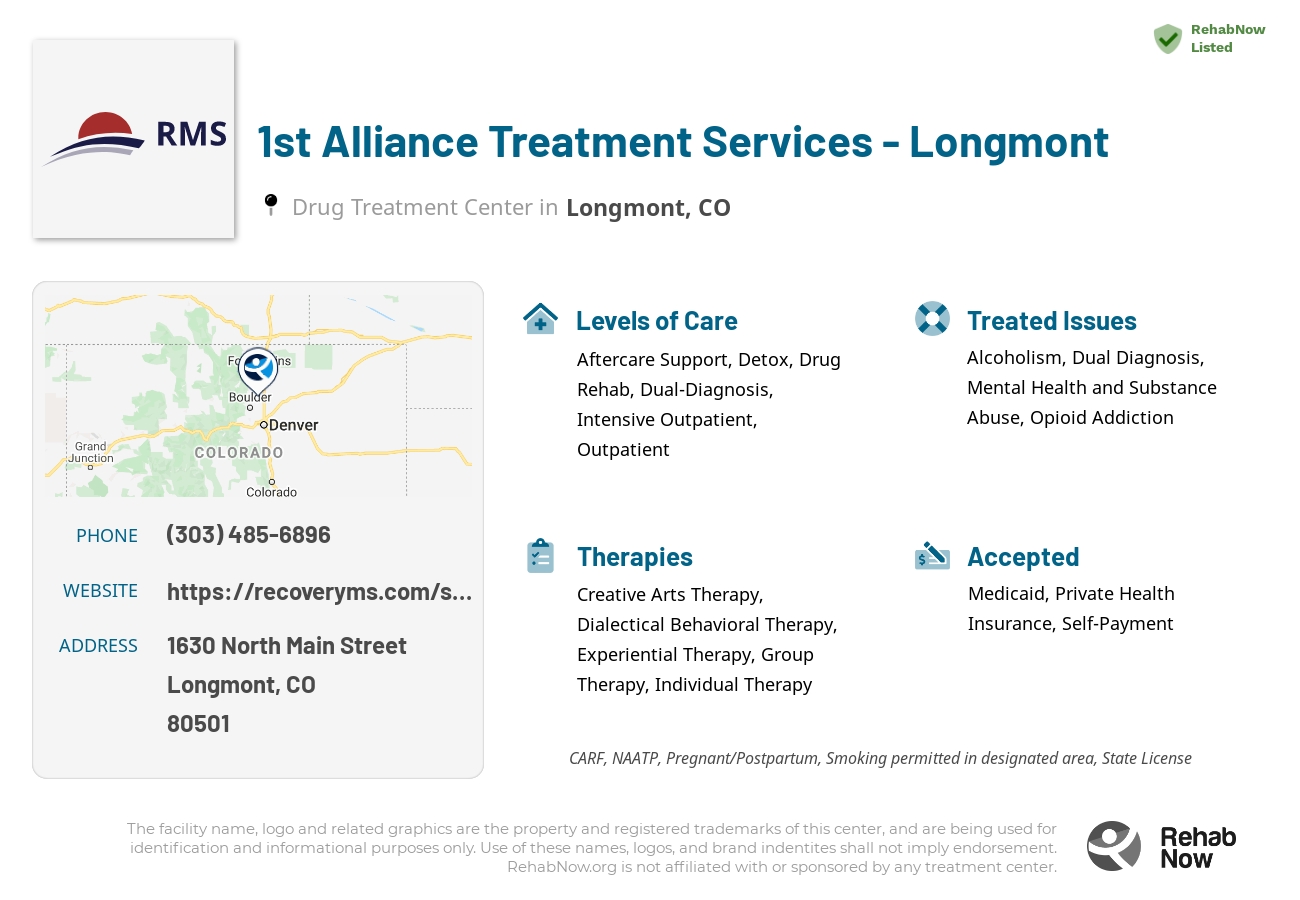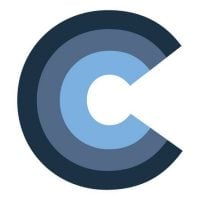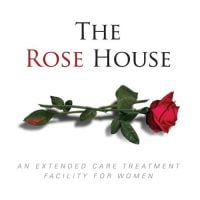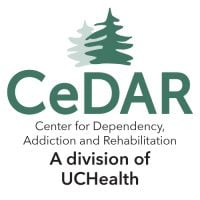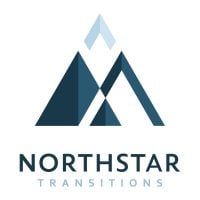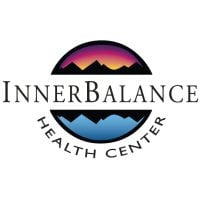1st Alliance Treatment Services - Longmont
Drug Rehab Center in Longmont, Colorado
1st Alliance Treatment Services - Longmont is a residential addiction and mental health treatment center in Colorado that offers individualized programs, group therapy, medical support, and holistic therapies to help individuals break the cycle of addiction and begin the process of healing and recovery.
About This Colorado Facility
Alcoholism and Drug Dependency (ADD) was founded in Buffalo, NY in 1978 and has been helping to treat people suffering from addiction-related issues for over 40 years. Their treatment facility provides an array of services for those suffering from alcoholism, opioid addiction, substance abuse, and drug addiction. Their services include both residential and outpatient levels of care, as well as specialized forms of therapy, individual counseling, group meetings, relapse prevention education, and aftercare programs. ADD is proud to be an accredited and licensed organization and is also a member of the National Association of Addiction Treatment Providers.
At Alcoholism and Drug Dependency, the multi-disciplinary team consists of psychiatrists, psychologists, certified addiction treatment counselors and social workers. Their services involve comprehensive assessment, medication-assisted treatment, and a wide variety of therapeutic activities, all tailored to an individual's needs. Clients are offered individual counseling, group counseling, family therapy, and aftercare services. Additionally, they provide educational and goal-setting services with a strong emphasis on relapse prevention. The goal of ADD is to provide clients with the right tools and resources to develop new and healthier lifestyles while also offering them a safe and supportive environment in which to heal.
Genders
Ages
Modality
Additional
Conditions and Issues Treated
Opioid addiction is the result of repeated use, or abuse, of opioid drugs. It is recommended for people who are dependent on opioids, or who have a high risk for dangerous health concerns, to seek professional treatment. Treatment plans usually include behavioral therapy and medication-assisted treatment.
Opioid drugs include: fentanyl, heroin, methadone, oxycodone, and oxymorphone.
Opioid addiction treatment is beneficial for:
- People who have a history of severe withdrawal.
- People with a high risk for dangerous health concerns.
- People having difficulty overcoming opioid addiction on their own.
There are different kinds of Dual Diagnosis:. A person who simultaneously experiences both a mental illness and an addiction disorder. Or, a person who experiences one or more coexisting (simultaneous) mental health conditions in addition to a primary substance use disorder.
The treatment requires a multi-disciplinary approach, it’s crucial for individuals to partner up with a healthcare provider who understands all the recovery components.
Levels of Care Offered at 1st Alliance Treatment Services - Longmont
This center offers a variety of custom treatment tailored to individual recovery. Currently available are Aftercare Support, Detox, Drug Rehab, Dual-Diagnosis, Intensive Outpatient, Outpatient, with additional therapies available as listed below.
Detox is the stage of recovery where the drugs or alcohol are entirely removed from your body. There are two different ways to detox, with medications and without. For many drugs and alcohol, the acute phase of detox can be completed in a number of days.
An Intensive Outpatient Program (IOP) is a form of drug treatment that allows individuals to receive the therapy they need while remaining in their homes and community.
An IOP is typically 3-5 days per week, at least 4 hours each day of treatment. Treatment can last for a few months or longer, depending on the situation.
An IOP is a step down from an inpatient treatment center and can be used as a step down from an inpatient stay or as a more intense form of outpatient treatment. IOPs allow for the flexibility to continue working and living at home while still meeting treatment demands.
The outpatient programs in Longmont, CO are for those addicted drugs or alcohol. The goal of the outpatient rehabilitation program is to make them stop abusing drugs or alcohol, reduce drug use or addictive behaviors, and become entirely sober. It is generally required to attend the outpatient program for 10-12 hours every week.
Patients can be administered on-the-spot medication to ease withdrawal symptoms such as anxiety, increased heart rate, and even depression. Groups such as Alcoholics Anonymous (AA) and Narcotics Anonymous (NA) can be used as a part of outpatient treatment to help maintain sobriety.
Aftercare support is a service many addicts need to ensure their success at recovery. This service usually includes one-on-one or group therapies, assistance from a sponsor and other types of help designed to make sure the patient continues living a life free from drugs.
Patients also may require medication to help them battle addiction. Some people have been able to successfully recover without additional medications, but others have found that they need help during their transition. Long-term, the patient must take the initiative to attend meetings and receive help from other addicts in recovery.
Therapies & Programs
People in addiction recovery can benefit from individual therapy. This type of therapy involves meeting with a therapist one-on-one. This allows for a personal and trusting relationship to be built so that the patient can be truly themselves and express any emotions they feel. Individual therapy leads to greater understanding and peace about your triggers for addiction and coping strategies to prevent relapse.
Group therapy sessions are held in rehab facilities, clinics, churches or community centers that offer drug addiction treatment. People who attend these groups are encouraged to voice their feelings and support other addicts in recovery. This helps group members strengthen their own recovery program while cheering on others who are struggling with sobriety.
Group therapy sessions provide recovering addicts with a chance to cope with everyday situations that many face. Group therapy sessions are held in rehab facilities, clinics, churches or community centers that offer drug addiction treatment.
People who attend these groups are encouraged to voice their feelings and support other addicts in recovery. This helps group members strengthen their own recovery program while cheering on others who are struggling with sobriety.
Dialectical Behavior Therapy (DBT) is a form of cognitive-behavioral therapy that helps people understand how they connect their thoughts, behaviors, and feelings. It can give them more control over their actions, effectively stopping self-harm ideations and attempts in some patients. It also helps put those with borderline personality disorder into control for managing mental struggles.
A new study has shown that DBT works for those with self-harm behaviors and addictions by giving them therapy they can relate to and understand.
Cognitive Behavioral Therapy (CBT) helps addicts identify faulty, negative thinking so that they can work together with the therapist to find healthier ways of thinking. CBT focuses on specific aspects of each person’s thinking, feeling, physiology, and behavior. It aims to identify specific problems in these areas, and create a personalized treatment strategy.
Patient Experience
Creative Arts
Creative Arts Therapy is a treatment method for patients of 1st Alliance Treatment Services - Longmont in Longmont, Colorado who are victims of addiction to drugs, alcohol, or other substances. Group Creative Arts Therapy sessions help addicts get sober by allowing them to meet and talk with peers who are going through the same problems. This builds trust and helps addicts understand that they are not alone. Depending on the severity of the patient’s drug or alcohol problem, they may attend group creative art therapy sessions or individual sessions.Experiential Therapy at 1st Alliance Treatment Services - Longmont
Experiential Therapy allows addicts to release emotions in a safe environment. The process involves addicts painting their feelings and releasing them on a canvas. LPE – Love, Peace, and Equilibrium is one of the most popular forms of experiential therapy.
Payment Options Accepted
For specific insurance or payment methods please contact us.
Is your insurance accepted?
Ask an expert, call (888) 674-0062
Recovery Monitoring Solutions Associated Centers
Discover treatment facilities under the same provider.
- 1st Alliance Treatment Services - Fort Collins in Fort Collins, CO
- 1st Alliance Treatment Services - Loveland in Loveland, CO
- 1st Alliance Treatment Services - Pueblo in Pueblo, CO
- 1st Alliance Treatment Services - Lakewood in Lakewood, CO
- 1st Alliance Treatment Services - Rifle in Rifle, CO
Learn More About Recovery Monitoring Solutions Centers
Additional Details
Specifics, location, and helpful extra information.
Longmont, Colorado 80501 Phone Number(303) 485-6896 Meta DetailsUpdated November 25, 2023
Staff Verified
Patient Reviews
There are no reviews yet. Be the first one to write one.
Longmont, Colorado Addiction Information
The Centennial State has slipped to a ranking of 12th in the country for drug abuse. Each year around 24% of the state's population uses illegal drugs while nearly 5% of its population abuses alcohol. Substance-related deaths in Colorado were responsible for 15.12% between 2008 and 2017. Fortunately, Colorado drug and alcohol addiction treatment are available to help a person overcome addiction.
The problem in Longmont, Colorado, is relatively bad. According to recent statistics, there are approximately 9,500 people who struggle with drug addiction in the city. This means that about 8% of the population is addicted to drugs. Almost 24% had used an illicit drug at some point. Many treatment centers offer specialized programs. It is important to find a treatment center that fits the individual's needs, as each person's situation is unique.
Treatment in Nearby Cities
- Frisco, CO (67.8 mi.)
- Walden, CO (72.7 mi.)
- Northglenn, CO (21.1 mi.)
- Steamboat Springs, CO (93.5 mi.)
- San Luis, CO (207.3 mi.)
Centers near 1st Alliance Treatment Services - Longmont
The facility name, logo and brand are the property and registered trademarks of 1st Alliance Treatment Services - Longmont, and are being used for identification and informational purposes only. Use of these names, logos and brands shall not imply endorsement. RehabNow.org is not affiliated with or sponsored by 1st Alliance Treatment Services - Longmont.

